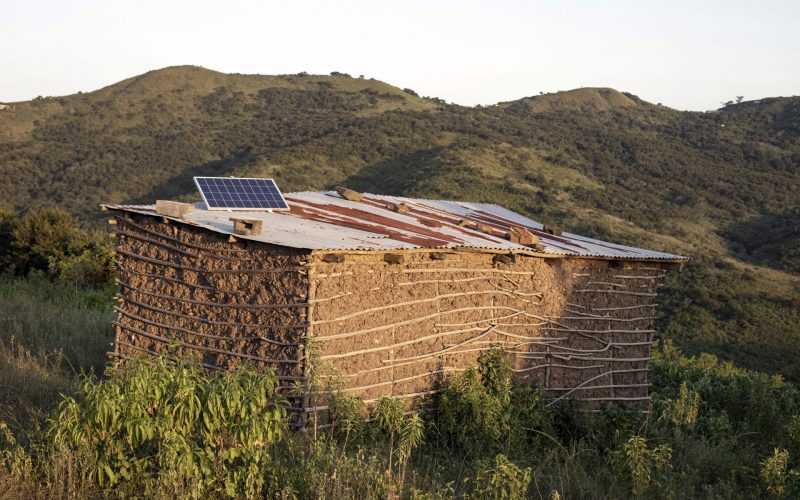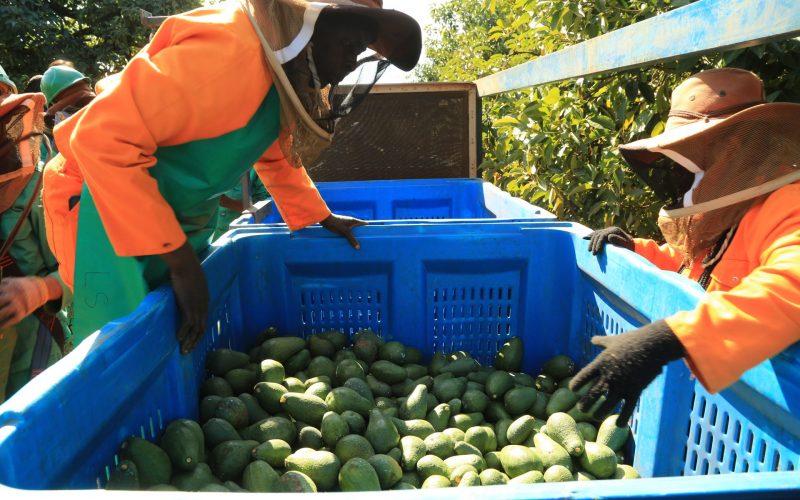From 6-17 November 2017, nearly 200 countries will convene in Bonn, Germany to advance progress on climate change action. The 23rd meeting of the Conference of the Parties (COP23) to the UN Framework Convention on Climate Change (UNFCCC) is an important milestone, within a much longer negotiating process, to finalise the technical aspects for the implementation of the PA – a global framework agreed to in 2016 that set out international climate action in the post-2020 period. Many of the details on the implementation modalities, procedures and guidelines to operationalise the PA are yet to be finalised – a process that needs to be concluded by COP24 in November 2018. In order to move forward negotiating parties need clarity on a number of key issues, including assistance with the means of implementation, such as unlocking climate finance, capacity building and technology transfer. COP23 is also an important stocktaking opportunity to assess the cumulative contributions of national actions to date.








